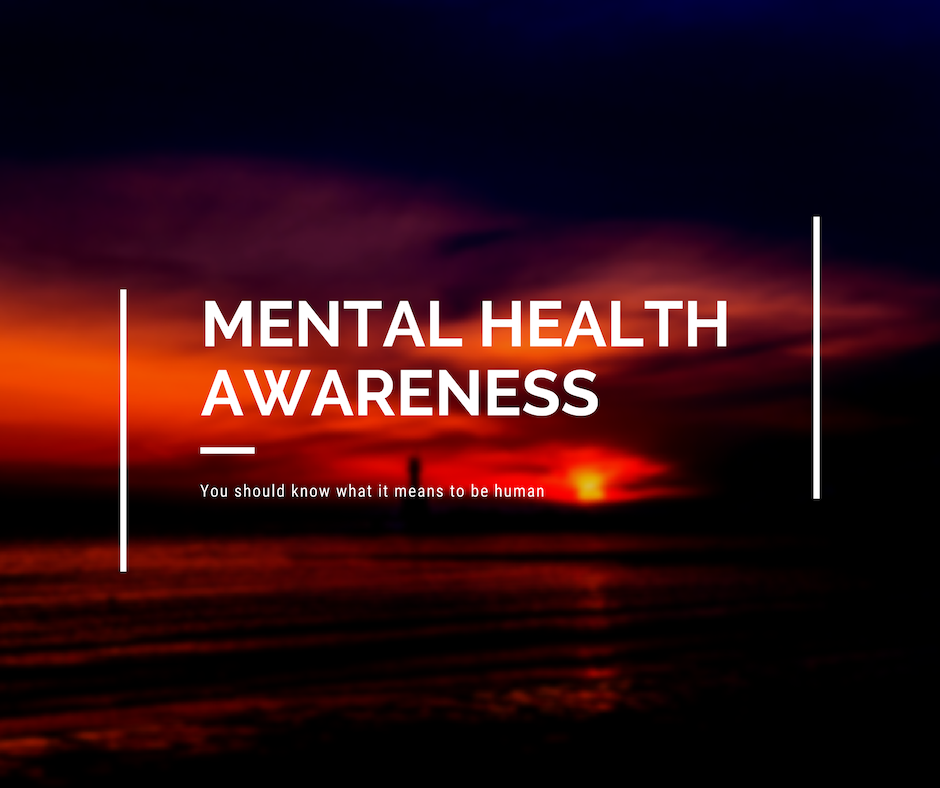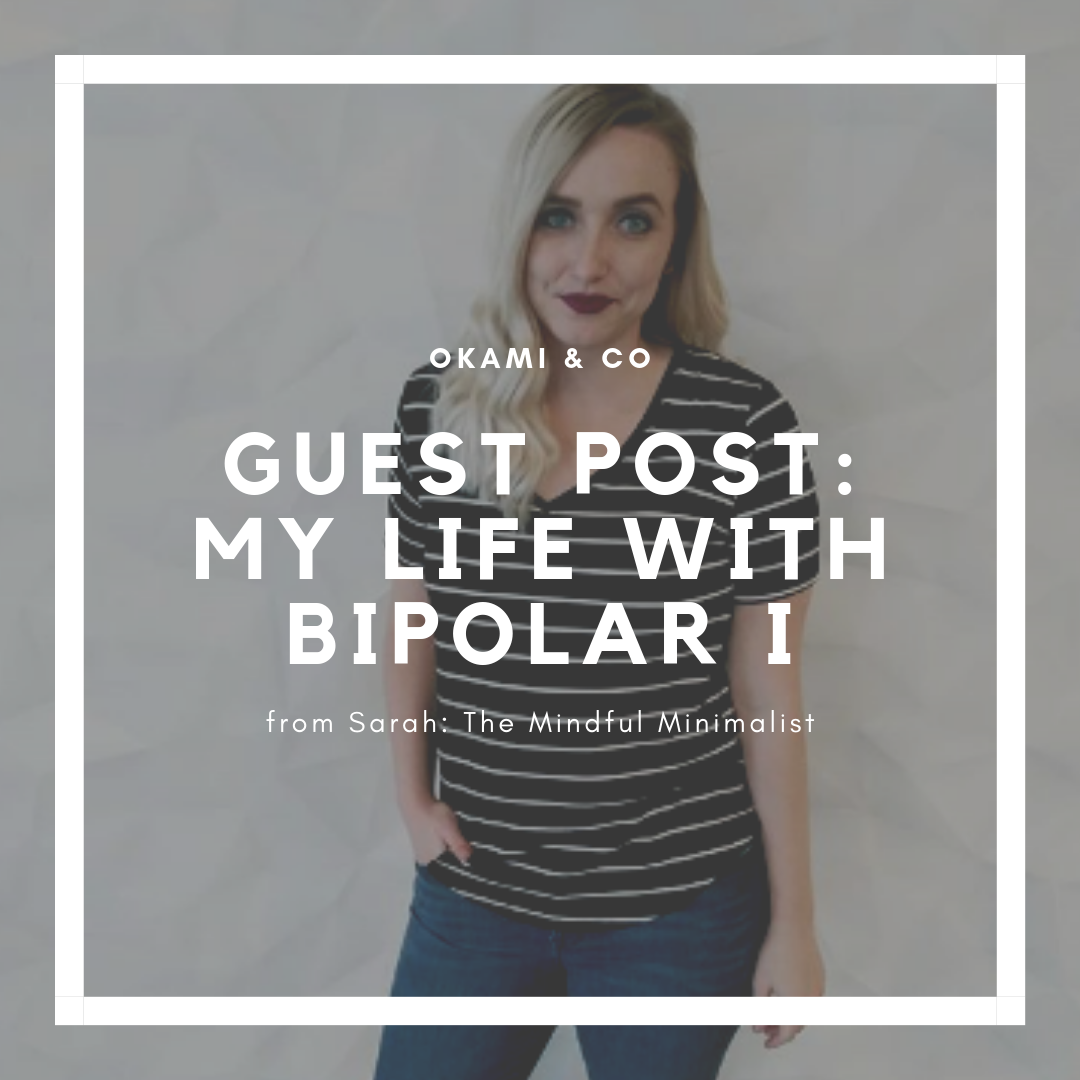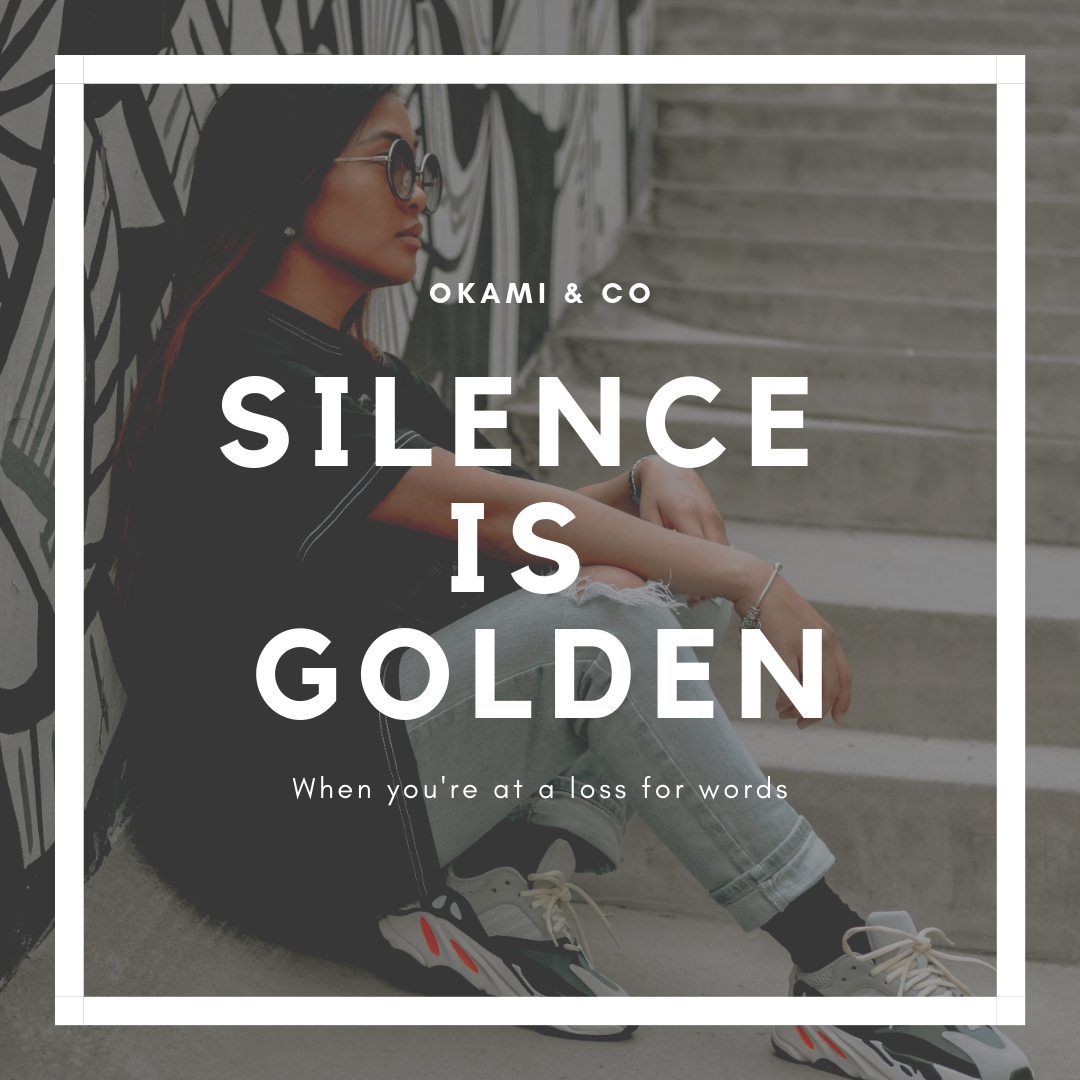My life as Kat began as a question, “who am I really?” At such a young age, I never expected to find the answer would be that I was adopted and that my last name was not my own. I had come to this realization after I found a videotape titled “Sergy” in a large antique cabinet in my living room. I was not prepared for the content it contained. It was a little boy with blonde hair and blue eyes, just like mine, begging the audience, “please take me to America to be with my sister Katya.” I had discovered that I had another family somewhere else in the world that I knew nothing about. As a result, my journey of becoming one with abandonment fears had begun.
Over the course of a crucial few years, I asked my parents to tell me everything about this boy. I was angry. I was hurt. But most of all, I felt betrayed as I learned the truth. I was adopted from Domodedovo, Russia when I was 2 years old. No other information about my biological family was given to me because my American adoptive parents did not know any. They told me that Russia, at the time, had provided little to no information. It wasn’t like the adoption system in the United States. There were no pictures, no contact information, and no medical history. At the time, Russia was different. Poverty-stricken where most people were unable to take care of their own children.
I did not believe my American parents. In my mind, I didn’t even know who my parents were or what they looked like. I wanted to know where certain personality traits came from and who else shared my physical features in my biological family. Most of all, I wanted to know why I wasn’t wanted. But life carried on, with me drowning in depression and anxiety.
“I maintained a bitter mindset, constantly resenting and blaming my adoptive family for what they had done.”
I had always wanted to be accepted. Who doesn’t? It is a natural human need to find others who will accept them for who they are. But finding out I had been lied to made it harder to trust anyone that was around me. It was easier for my American brother, even though he was also adopted from Ekaterinburg, Russia. He did not have the same fears that I had with people. For me, I would establish friendships and let them fall apart because I knew that they would leave me or they did not want me just like my biological family in Russia. I refused to let myself get to close to others and realized how vulnerable I was when I did.
I was a mess when I would lose friends. I did not understand the subconscious self-sabotage that I had done to destroy the relationship. I was always told that I was “hard to deal with” or “too clingy.” I constantly lived my life in fear that I would end up alone. I accepted this as the truth to my life. As I got older, I did not have many friends. I saw everyone around me as fake. I maintained a bitter mindset, constantly resenting and blaming my adoptive family for what they had done. For years, I carried this burden alone. I had been searching for answers since that day I found that tape. I trusted no one and never had a genuine relationship where I felt that they would stay. That is — until 2 years ago.
I thought about my biological Russian family every single day and hoped one day we would find each other. On Facebook, I received a message from a stranger asking if I was related to my adoptive brother. I was hesitant to respond, but she told me that she helped him find his biological family— after reading this I must admit that I quite literally laughed out loud. I responded to her that I had been searching for my family for years and I would be shocked if she could find them. I honestly thought it was a scam, but I played along anyway, curious to see what would happen. First, I joined a Facebook group called “Russian Adoptees.” Then, I gave her my Russian last name, brother’s name, birthdate, and birthplace. In retrospect, I realize I was making a bold move. Within two minutes, I received a message that contained a VK account and a positive note that read, “here you are. I am positive this is your brother because he has been looking for you too.”
“I was certain it was the Sergy from the videotape all those years ago!”
I clicked the link that showed a male that would have been my brother’s age and someone who looked just like me. After getting in touch with him, and asking a series of questions that only my sibling would know, we Facetimed each other. I was certain it was the Sergy from the videotape all those years ago! My biological brother! I even met my biological mother and finally asked her the questions that I had been saving for years.
I am now 27 years old, and I feel like a door to that struggle has been closed. I still have questions, but I have received so many answers that have helped change my views on my abandonment. I still keep people at an arm’s length when I first meet them, but I no longer think that they will abandon me. I see it as an encounter that has given me insight and helps me carry on my journey in life. Now, I believe we meet everyone for a reason. A notion I never would have believed if I hadn’t met that person over Facebook. There is not a day that goes by that I don’t count my blessings of just how far I have come personally, emotionally, and spiritually. While being adopted had its problems, from it, I am able to see the world in a different way than many from behind my blue eyes.
A note from Okami & Co.
You can imagine the amount of questions we had after reading Kat’s story. After speaking with her a little bit more, we learned that Kat has stayed in contact with her biological family, and has grown to understand the reasoning behind the secret that her adoptive parents kept from her. Often, we don’t see the bigger picture that everyone else sees. Kat learned that her adoptive parents were just trying to protect her from the things that were happening back in her hometown of Russia with her mother.
Kat is now a writer of two blogs Transcending Thoughts and Kat’s Korner. She writes books, short stories, blogs, and poems. Kat is currently working on a book about The Invisible String that connected her to her Russian family for all those lost years. Born into imagination, creativity is her best friend. Writing raw and emotional posts, she challenges others to embrace new perspectives while encouraging everyone to take this journey with her. You can find more of her work in the links below!
Transcending Thoughts Facebook page: Www.facebook.com/theantisocialxtrovert
Transcending Thoughts Official Website: Www.naturesofthinking.blogspot.com
Kat’s Korner Facebook Page: Www.facebook.com/KatsOfficialKorner
Kat’s Korner Official website: Www.katskornerofficial.com
Instagrams: @katsofficialkorner and @theantisocialxtrovert









